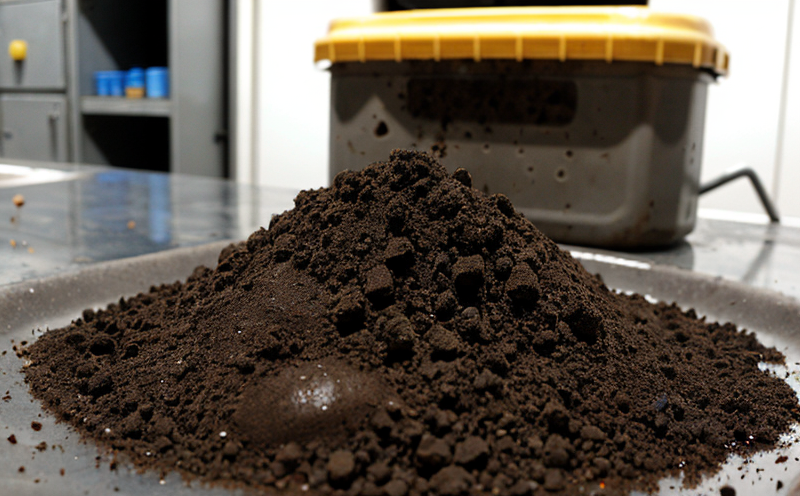Nutritional Supplement Residue Screening
Ensuring the safety and quality of nutritional supplements is paramount in today’s health-conscious world. Nutritional supplement residue screening involves a comprehensive analysis to detect potentially harmful contaminants, additives, or residues that may compromise product integrity and consumer health.
The process begins with meticulous specimen preparation, where samples are collected from various sources such as raw materials, intermediate products, final formulations, or finished goods. This step ensures accurate representation of the sample for testing. The laboratory utilizes advanced analytical techniques including Liquid Chromatography-Mass Spectrometry (LC-MS), High Performance Liquid Chromatography (HPLC), and Gas Chromatography-Mass Spectrometry (GC-MS) to identify and quantify residues.
Key contaminants screened include heavy metals like lead, mercury, arsenic, cadmium; pesticides and mycotoxins; synthetic additives such as dyes and preservatives; and other potentially harmful substances. Compliance with international standards is essential for ensuring the safety and efficacy of nutritional supplements. This includes adherence to guidelines from regulatory bodies like the U.S. Food and Drug Administration (FDA), European Medicines Agency (EMA), and World Health Organization (WHO).
Testing procedures are meticulously designed to cover a wide range of scenarios, including varying batch sizes, different formulations, and diverse raw material suppliers. The laboratory employs experienced technical staff who stay updated on the latest methodologies and regulatory changes to provide accurate and reliable results.
Applied Standards
The testing of nutritional supplements for residues is governed by several international standards that ensure consistent quality and safety. Notable among these are:
- ISO/IEC 17025: Ensures the competence of laboratories to perform specific tests.
- ASTM E2389: Provides guidance for evaluating and controlling the quality of dietary supplements.
The laboratory strictly adheres to these standards, which are designed to ensure accurate and reliable testing. Compliance with such standards is crucial in maintaining trust among consumers and regulatory bodies alike.
Benefits
- Enhanced Consumer Trust: Detecting residues helps maintain consumer confidence, which is vital for the reputation of brands.
- Avoidance of Legal Issues: Compliance with regulatory standards can prevent costly legal actions and penalties.
- Improved Product Quality: Identifying and eliminating harmful residues improves overall product quality.
- Prompt Risk Mitigation: Early detection allows for timely adjustments in production processes to avoid potential health risks.
International Acceptance and Recognition
- The laboratory’s results are widely accepted by global regulatory bodies, ensuring seamless compliance with international standards.
- Our services have been recognized by major pharmaceutical and nutritional supplement companies worldwide.
- Compliance with ISO/IEC 17025 ensures that our findings meet the highest industry standards, enhancing credibility in the market.
The laboratory’s reputation for excellence is built on years of experience and adherence to international best practices. Our commitment to providing accurate, reliable, and timely results is unmatched, ensuring that clients can trust us for all their testing needs.





